New Scientist covers the latest developments in science and technology that will impact your world. New Scientist employs and commissions the best writers in their fields from all over the world. Our editorial team provide cutting-edge news, award-winning features and reports, written in concise and clear language that puts discoveries and advances in the context of everyday life today and in the future.
Elsewhere on New Scientist
The future is grey • An ageing world will compel us to change how we live
New Scientist
Nvidia bets big on humanoid bots
Drugs with anti-ageing influence? • Four commonly taken drugs, including Viagra and medicines containing oestrogen, seemed to slightly lower the chance of people dying during a 12-year study, finds Clare Wilson
Dogs understand that certain words stand for objects
Food is costing more due to climate change – and prices will keep rising
Human receives pig kidney • In a medical milestone, a genetically modified pig kidney has been successfully transplanted into a living human, reports Grace Wade
Robot designs better paper planes than a human
Bustling sea trade 7000 years ago • Ancient canoes capable of transporting goods suggest Mediterranean trading in the Neolithic period
Ant queens have good reasons for eating their young
World’s hairiest beetle • An eye-catching insect found in Australia is impressively coiffed
Starship accidentally caused volcano-like blast
Analysis Global population • Why falling birth rates will be a bigger problem than overpopulation Nearly every country is predicted to have a birth rate that is too low to maintain its population by 2100, which may result in too few people of working age, says Clare Wilson
Human brains mysteriously preserved for thousands of years
Extinct freshwater dolphin was the largest of all time
Organic farms can boost pesticide use • Spillover of insects seems to prompt nearby conventional farmers to change their behaviour
Why teens make noses wrinkle but infants smell sweet
Common antibiotics seem to regenerate heart cells in animals
Largest recorded solar storm was even bigger than we thought
AI boosts artists’ popularity • People who used generative AI to create art got better feedback, despite it being less original
Blue tits shared a tree hollow with bird-eating bats
Britain’s Pompeii revealed in detail • A settlement in the east of England burned down in a fire 3000 years ago, falling into a muddy waterway that preserved everything inside the houses, finds Chen Ly
DeepMind AI advises on football tactics
Orcas get organised to hunt whale calves
CRISPR gene editing may be able to disable and cure HIV
Really brief
Surprise! It’s a pulsar • Some of the greatest astronomical discoveries have come about by accident. We should embrace serendipity in science, says Chris Lintott
Wild wild life • Saving what we can Researchers are going to great lengths to protect northern white rhinos and bring back woolly mammoths, but is every species really necessary, asks Chris Simms
O second moon
Your letters
Going cosmic • An insider account of particle physics takes us to the heart of the action through an engaging, accessible and fun read, says Anna Demming
First and last strike • What exactly would happen in a nuclear attack on the US? George Bass explores an all-too-plausible account
New Scientist recommends
The film column • Out there Spaceman stars Adam Sandler as an astronaut who looks like he is losing his grip. But the opposite is closer to the truth in a movie with many virtues, transcendental aspirations and a rather overblown conceit, says Simon...
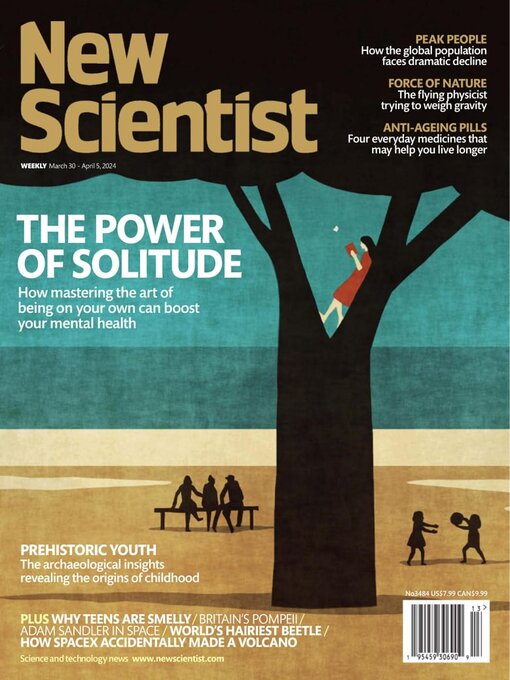
 Jul 27 2024
Jul 27 2024
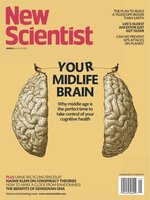 Jul 20 2024
Jul 20 2024
 Jul 13 2024
Jul 13 2024
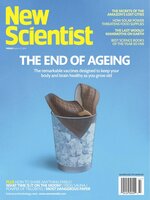 Jul 06 2024
Jul 06 2024
 Jun 29 2024
Jun 29 2024
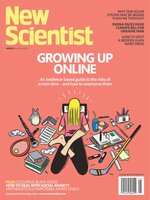 Jun 22 2024
Jun 22 2024
 Jun 15 2024
Jun 15 2024
 Jun 08 2024
Jun 08 2024
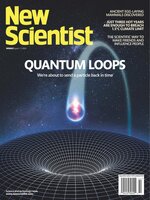 Jun 01 2024
Jun 01 2024
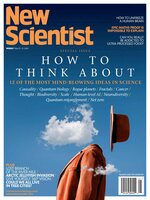 May 25 2024
May 25 2024
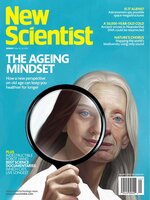 May 18 2024
May 18 2024
 May 11 2024
May 11 2024
 May 04 2024
May 04 2024
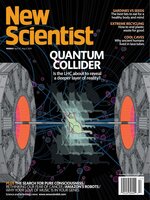 Apr 27 2024
Apr 27 2024
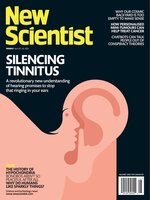 Apr 20 2024
Apr 20 2024
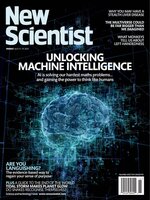 Apr 13 2024
Apr 13 2024
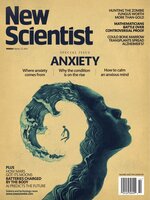 Apr 06 2024
Apr 06 2024
 Mar 30 2024
Mar 30 2024
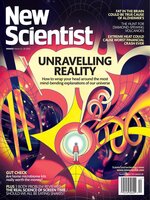 Mar 23 2024
Mar 23 2024
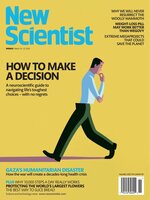 Mar 16 2024
Mar 16 2024
 Mar 09 2024
Mar 09 2024
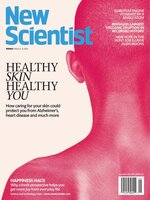 Mar 02 2024
Mar 02 2024
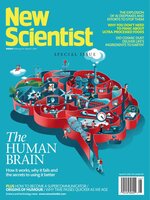 Feb 24 2024
Feb 24 2024
 Feb 17 2024
Feb 17 2024
